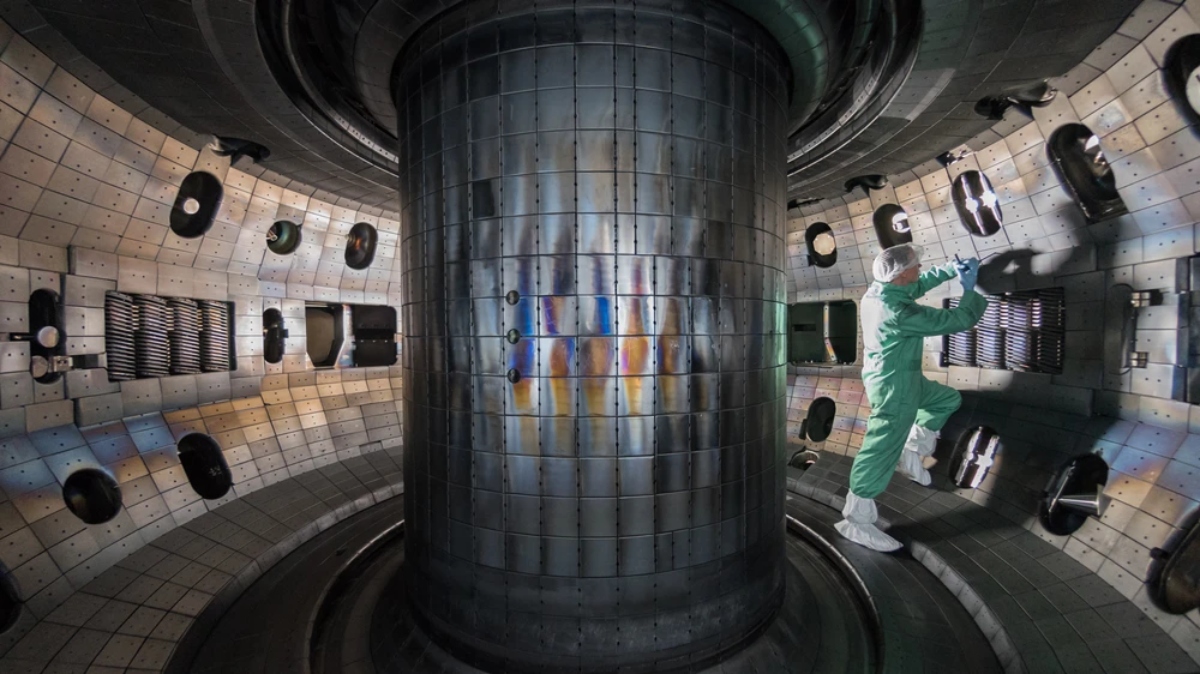Whenever a new technology emerges, it seems that it will do so by supplanting its predecessor, as in the case of television. Again, it resurfaces strongly that broadcasters are preparing to go online-only. Broadcasters such as ITVX and the BBC are poised to address this major shift in a hyper-connected world.
The future of television is here: screen size can be decided and it will be rollable
Live television audiences, and their “fight” with scheduled broadcasting at the same time, seem to have their days numbered. After several years of rumors, all indications are that TV production will be online within a decade at the latest. This implies that television channels, with their traditional daily programming, are doomed to upgrade or fail. The programs will be coming to our homes as branded broadcast products. Nothing would be broadcast to viewers at a predetermined time.
The new television
ITV presented ITVX, a first approach to the future with the new digital TV format for homes. BBC Director General Tim Dave, a few days ago, had addressed audiences by explaining that they should “imagine a world in which there is only the Internet”. It is noted that the radio and television are being turned off in the face of the approaching infinite choice. Dave also noted that:
“A transmission shutdown will and should occur over time, and we should be active in planning for it.”
The BBC, according to its authorities, is committed to live broadcasting. All indications are that the next two decades will see a succession of closures of individual “linear” channels and radio stations. Dave made it clear that rapid change is expected as long as it is backed by investment. In this way nothing will be left behind, neither the viewer nor the broadcasting corporation itself. “Sometimes I read that the BBC needs to realize that the world has changed. I can assure you that we don’t need convincing,” the BBC director general said.
Netflix CEO proposed the disappearance of linear TV in the next decade
Programming the online television world
The world has changed in several ways and television is not exempt from all that is coming. The audiences of other times, with programs with more than 20 million viewers, are reserved for specific events. Former BBC controller Lorraine Heggessey understands that collective and bonding moments will never be things of the past.
“I’ve learned never to predict the future, as it never turns out the way you expect,” Heggessey posited. The former BBC worker understands that “community viewing is important and will continue to be so.” Older people are those who are more aware of the programmed visualization.
The BBC seeks, as a piece of advice, not to stick to a linear transmission channel. That is, both for your viewers and for your product line. Television services must work on “niche markets” to be attractive to users in the advent of the digital world. In any case, the specials will continue to be an important tool to capture a mass of viewers that is not present in the regular programming.




